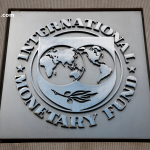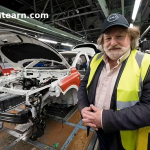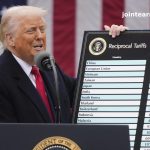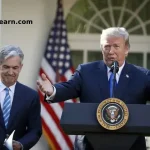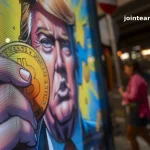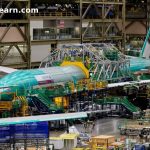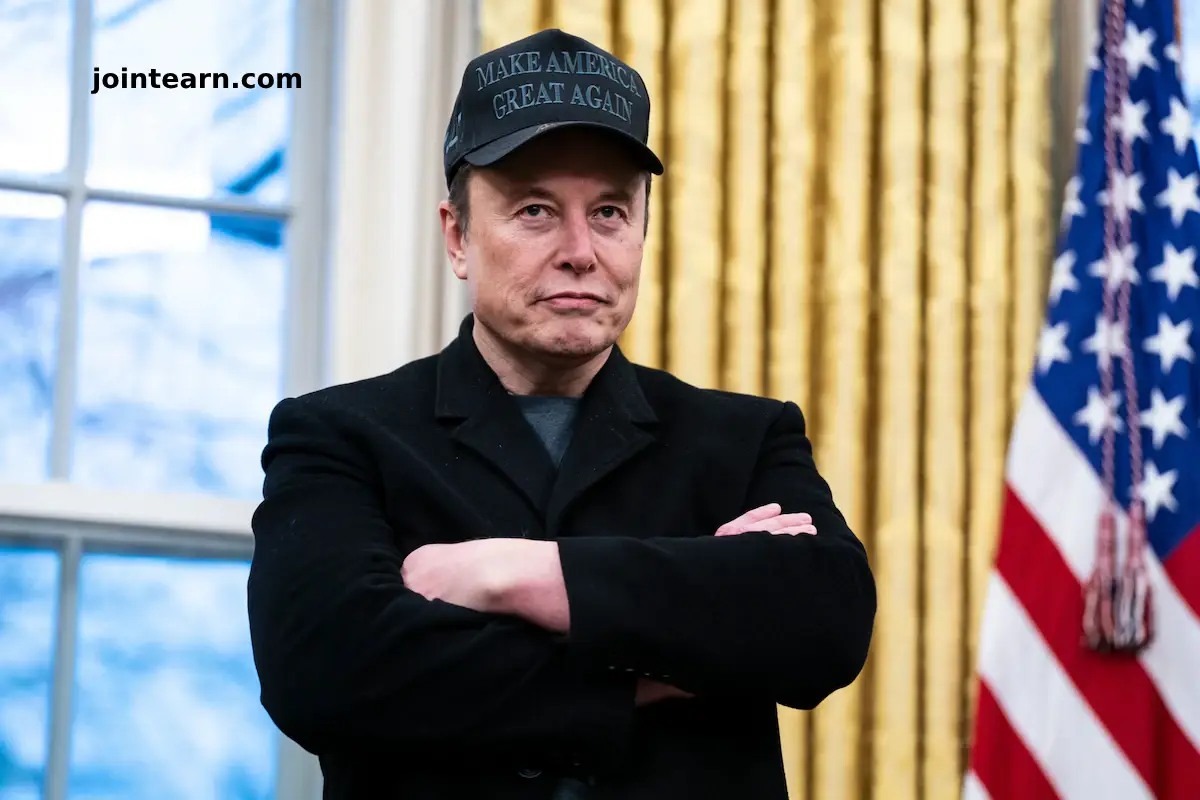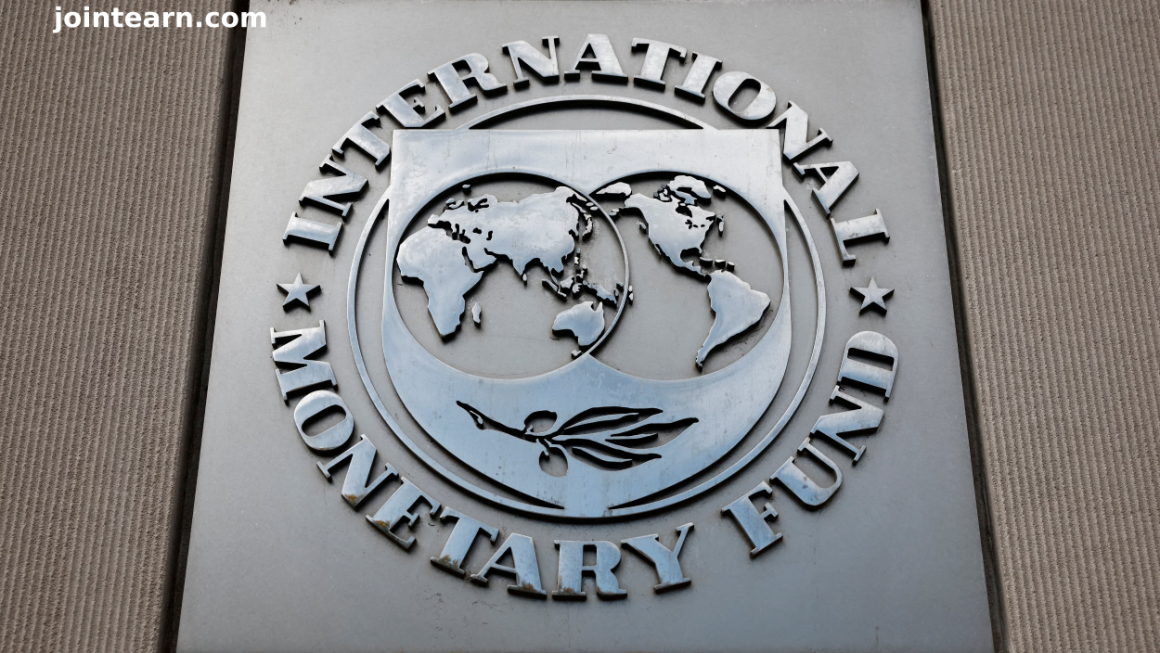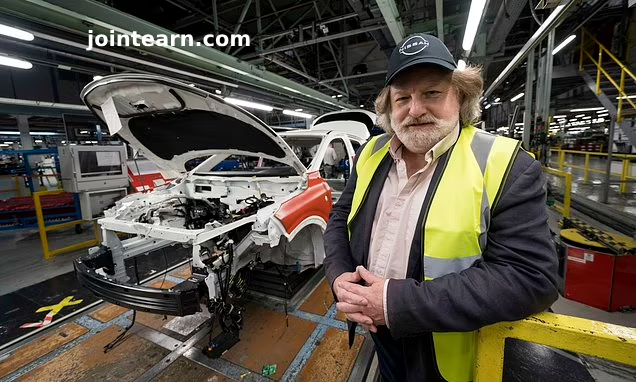Elon Musk Criticizes Tariffs, Advocates for Free Trade on Tesla’s Q1 Earnings Call
During Tesla’s (TSLA) first-quarter earnings call on April 22, CEO Elon Musk made his stance on tariffs clear, reiterating his belief in free trade and lower tariffs as a path to economic prosperity. Musk emphasized that while tariffs are a political decision, he remains an advocate for their reduction.
“I’ve been on the record many times saying that I believe lower tariffs are generally a good idea for prosperity, but this decision is fundamentally up to the elected representative of the people being the president of the United States,” Musk said. “So, you know, I’ll continue to advocate for lower tariffs rather than higher tariffs, but that’s all I can do.”
Musk’s Position on Tariffs and Trade Uncertainty
When questioned by Morgan Stanley analyst Adam Jonas about previous comments Musk had made regarding tariff increases, the Tesla CEO clarified further. “I’m an advocate of, you know, predictable tariff structures, and generally, I’m an advocate for, you know, free trade and lower tariffs. But now one does need to take a look at where, you know, if some country is doing something predatory with tariffs or is providing extreme support,” Musk added.
Musk’s remarks come in the wake of President Trump’s controversial “Liberation Day” event, where the former president imposed a series of tariffs, although he later reversed some of those decisions. While Musk is known to support Trump politically, his business interests, particularly at Tesla, are strongly impacted by tariff structures that could disrupt the global supply chain.
Tesla’s Struggles Amid Trade Uncertainty
Tesla’s Q1 report highlighted the growing uncertainties caused by trade policies, with the company citing tariffs as a significant obstacle. Tesla’s sales were affected by these unpredictable trade dynamics, and the company warned that continued uncertainty could hinder future growth. “Uncertainty in the automotive and energy markets continues to increase as rapidly evolving trade policy adversely impacts the global supply chain and cost structure of Tesla and our peers,” the company stated in its report.
Impact of Tariffs on Tesla’s Operations and Supply Chain
Despite Tesla’s efforts to localize production, with around 85% of its operations in line with the USMCA, tariffs still pose a substantial risk. Analysts have pointed out that Tesla is particularly vulnerable to the impact of tariffs on critical supply chain parts and energy components. Notably, Tesla sources lithium iron phosphate (LFP) batteries from China, and changes in trade policy could disrupt the energy business as well.
BofA analyst John Murphy highlighted key trade headwinds for Tesla, noting the impact on the company’s energy business, potential disruptions from tariff uncertainty, and restrictions on rare earth minerals used in electric motor production. However, some analysts, like William Blair’s Jed Dorsheimer, believe that Tesla is relatively insulated from these risks due to its highly localized production capabilities.
Musk’s Influence on Trade Policy and Potential Tariff Solutions
Musk’s vocal opposition to tariffs highlights the tension between trade policies and the interests of businesses like Tesla. As the company navigates the challenges of an evolving trade landscape, analysts stress that Tesla’s vertical integration and localized supply chains give it an advantage over other automakers. However, the macroeconomic environment and international trade relationships still pose significant risks.
As Treasury Secretary Scott Bessent advocates for de-escalation and diplomacy in trade disputes, Musk may find himself aligning with unlikely allies in the ongoing trade war. The future of tariffs, especially under the Biden administration, will be crucial for Tesla and other global companies facing trade policy uncertainties.

